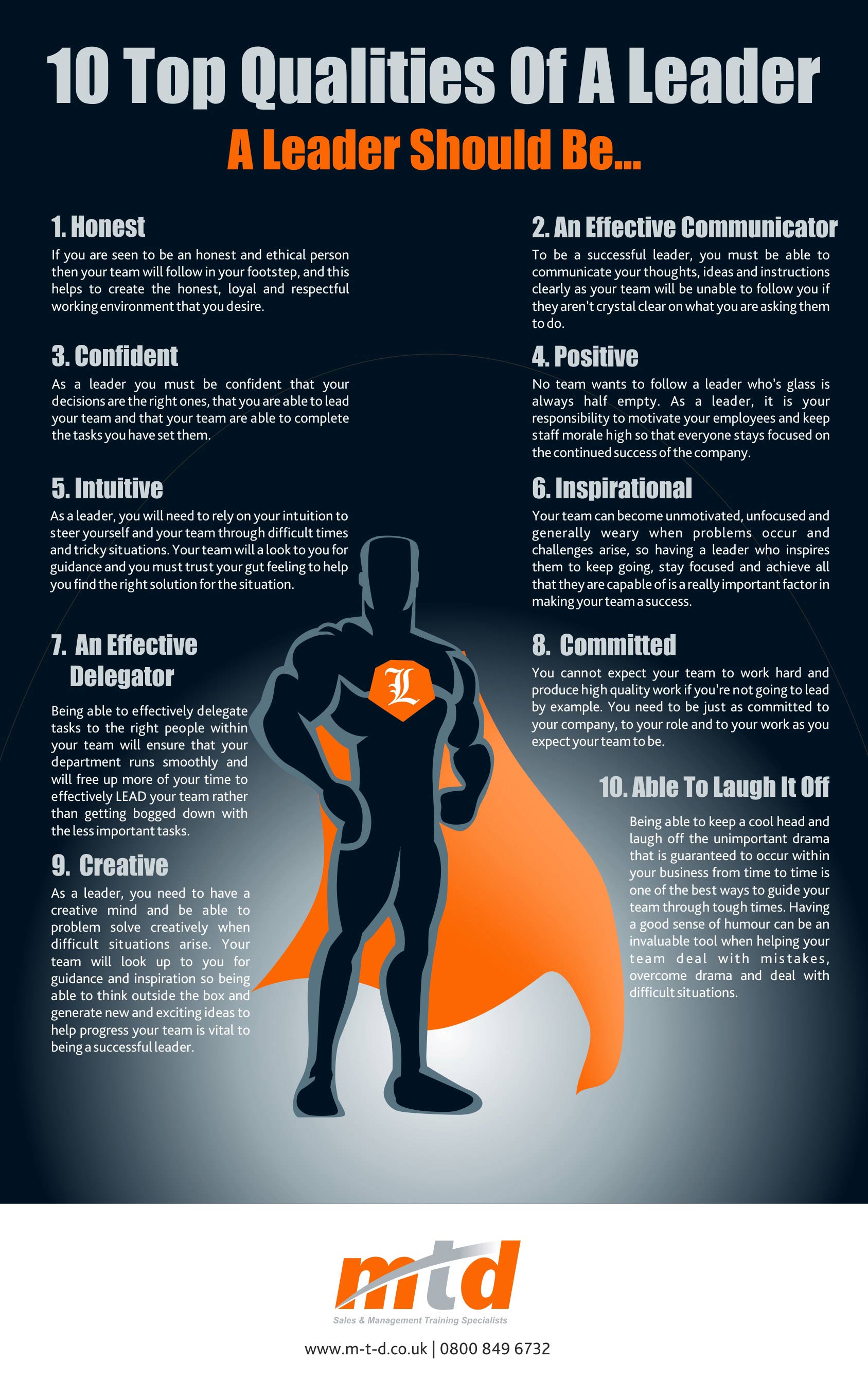Cutting-edge Issue Resolution: Management Skills for Current Obstacles
In today’s fast-paced and constantly changing business landscape, the necessity for strong leaders has never been so important. Innovative problem-solving and the capability to manage complex issues are essential skills that differentiate effective leaders from the others. As individuals strive to improve their leadership capabilities, it grows more crucial to develop a set of core skills that not only boost individual performance but also empower teams and encourage organizational growth.
Here, we delves into the key leadership skills that all professional should develop to succeed in modern environments. From EQ and clear communication to versatility and foresight, these skills are essential for engaging teams daily. As we discuss each skill, we will discover actionable insights and practical strategies to help you enhance your leadership style in a world that demands resilience, creativity, and moral principles.
Essential Leadership Skills
In the current rapidly changing environment, effective leadership hinges on possessing a set of essential skills that drive success. Browse around this site among these abilities is robust decision-making, which allows guides to navigate difficult situations with certainty. Executives who cultivate this ability enhance their ability to evaluate risks, consider outcomes, and execute thoughtful decisions that positively impact their teams and entities. In addition to decision-making is EQ, a key skill that helps leaders understand and manage their own emotions as well as those of their team members, fostering a nurturing and productive workplace atmosphere.

Communication stands out as a further pillar of great leadership. A leader who communicates effectively can express their vision with clarity and inspire their team to work towards common goals. This entails not just verbal communication and written communication well but actively listening to team members and participating in meaningful conversations. By emphasizing effective communication, leaders foster a environment of transparency, where thoughts can be shared openly and collaboration thrives. Additionally, flexibility is essential; in an era where change is the standard, leaders must be able of modifying their strategies and approaches in reaction to evolving circumstances, ensuring their groups remain resilient and agile.
Building trust is a competence every chief must develop to enhance team cohesion and foster a cooperative environment. Trust encourages transparency and allows staff to express their thoughts and issues without worry of reprisal. Moreover, executives who demonstrate integrity and consistency in their actions will witness their endeavors result in a committed and motivated team. As they lead their teams through diverse obstacles, effective leaders also utilize conflict resolution abilities, assisting to resolve conflicts efficiently and maintain a harmonious workplace where everyone feels appreciated.
Approaches for Successful Leadership
Effective leadership requires a diverse approach that combines a range of skills and strategies. One key component is enhancing decisive decision-making skills. Leaders should utilize a systematic decision-making process, weighing the advantages and disadvantages while acknowledging the feedback of their team. This not only leads to better outcomes but also encourages a culture of cooperation and trust within the organization.
Another essential strategy is to improve emotional intelligence. Leaders who are emotionally intelligent can handle complex interpersonal dynamics and address the emotional needs of their team members. This skill helps in building a positive environment where employees feel recognized and acknowledged, ultimately boosting team morale and performance.
Lastly, mastering the skill of strong communication is vital for leadership success. This involves not just communicating information clearly but also being attentive to team members. Leaders who engage honestly and effectively create channels for feedback and dialogue, which enhances team cohesion and encourages innovation. Prioritizing in communication skills is an asset in the overall well-being of the company.
Establishing a Management Culture
Creating a leadership culture in an organization requires developing an ecosystem where management skills are recognized and fostered at all levels. This starts by integrating core leadership principles into the organization's mission and values. When organizations emphasize management development, they build a framework that promotes employees to be proactive, choose, and lead their projects. By rewarding leadership behaviors, companies can motivate individuals to take on management roles, developing a forward-thinking mindset that contributes to organizational success.
To create this culture effectively, organizations must allocate funds in education and development programs focused on crucial leadership skills. Workshops and mentoring opportunities should cater to various management competencies, such as emotional intelligence, effective communication, and conflict resolution. Leaders should be encouraged to discuss their learning stories and strategies for success, creating a collaborative atmosphere where insights is exchanged. This shared learning not only enhances skills but also strengthens team unity and creativity.
Finally, open communication is crucial in promoting a strong leadership culture. Providing channels for feedback and discussion can empower employees to voice their ideas and concerns, developing a sense of belonging and ownership. Leaders should be friendly and receptive, which shows a commitment to nurturing their team’s growth. By integrating these practices into the organization’s daily operations, a sustainable leadership culture arises, driving team performance and aligning individual goals with the bigger vision of the organization.